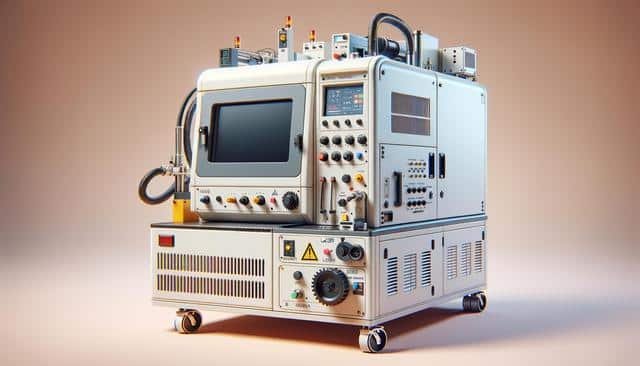
Guide to Choosing Affordable Laser Welding Machines
Understanding Laser Welding Technology
Laser welding is a highly precise process that uses a concentrated beam of light to join materials, typically metals. The technology offers numerous advantages such as minimal distortion, deep penetration, and strong, clean welds. These benefits make laser welding a preferred choice in industries demanding high accuracy and efficiency. Before choosing a machine, it’s important to understand the different types of laser sources available, such as fiber lasers, CO2 lasers, and Nd:YAG lasers. Each type has its own strengths and is suited for specific applications. For example, fiber lasers are often used in industrial settings for their high efficiency and low maintenance, while Nd:YAG lasers are popular in jewelry and medical device manufacturing due to their precision and control.
Factors to Consider When Choosing an Affordable Machine
When searching for an affordable laser welding machine, several key factors should be evaluated to ensure you’re getting both value and functionality. These include:
- Power Output: The wattage of the laser affects its ability to weld different materials and thicknesses. Machines with higher wattage can handle more demanding tasks but are usually more expensive.
- Cooling System: Efficient cooling—either air or water-based—is crucial for maintaining performance and prolonging machine life.
- Ease of Use: Look for user-friendly interfaces and adjustable parameters that allow for flexibility in different welding tasks.
- Portability: Compact and mobile units can be advantageous for workshops with limited space or for applications requiring on-site work.
Balancing these features with your budget will help you find a model that meets your needs without overspending. It’s also a good idea to consider future needs, in case you plan to scale up your operations.
Comparing Price Ranges and Features
Laser welding machines vary significantly in price, depending on their specifications and intended use. Entry-level models designed for light-duty work, such as jewelry repair or small-scale fabrication, can be relatively affordable. These machines typically offer lower wattage and basic features but are often sufficient for small businesses or hobbyists.
Mid-range machines offer a balance of performance and cost, often featuring improved power, better cooling mechanisms, and more advanced control systems. These are suitable for small to medium-sized manufacturing operations.
High-end machines, while more expensive, provide higher output, automation capabilities, and greater precision. However, many small businesses can find reliable and well-regarded machines in the lower to mid-range that meet their operational needs. Comparing models within your budget range is essential to identify the one offering the best combination of features and reliability.
Where to Find Reliable and Affordable Options
Finding affordable laser welding machines requires more than just looking at the price tag. It’s important to research suppliers, read customer reviews, and assess warranties and after-sales support. Reliable vendors often provide detailed product information, training resources, and responsive customer service, which are invaluable for long-term satisfaction.
Some useful places to start your search include:
- Online Industrial Marketplaces: These platforms offer a wide selection of new and used machines with user ratings and detailed descriptions.
- Direct from Manufacturers: Purchasing directly can sometimes reduce costs and allow for customization options.
- Trade Shows and Industry Events: These venues provide opportunities to see machines in action and speak with representatives.
Always verify the credibility of the seller and check for certifications or compliance with industry standards to ensure you’re investing in a machine that meets your expectations.
Maintenance and Long-Term Value
Affordability should not come at the expense of longevity. When evaluating laser welding machines, consider the maintenance requirements and long-term support available. Machines that are easy to service, with readily available spare parts, can save significant costs over time.
It’s also wise to look at the availability of training materials and whether the manufacturer offers technical support. Proper usage and maintenance not only extend the lifespan of the machine but also maintain the quality of welds over time. Here are some tips for maintaining your machine effectively:
- Regularly clean the lens and check for debris buildup.
- Inspect and replace consumables like protective lenses and nozzles as needed.
- Follow the manufacturer’s guidelines for software updates and calibration.
- Schedule periodic professional servicing if available.
Paying attention to these aspects will help ensure your investment continues to deliver value for years to come.
Conclusion: Making a Smart Investment
Choosing an affordable laser welding machine involves balancing price with performance, reliability, and long-term usability. By understanding the technology, evaluating key features, comparing pricing tiers, and researching vendors thoroughly, you can find a machine that aligns with your operational needs and budget. Whether you’re a small manufacturer, a workshop owner, or a craftsperson, investing in the right machine can enhance your productivity and expand your capabilities. Taking the time to assess your requirements and plan for future growth will help you make a decision that supports your business in the long run.


